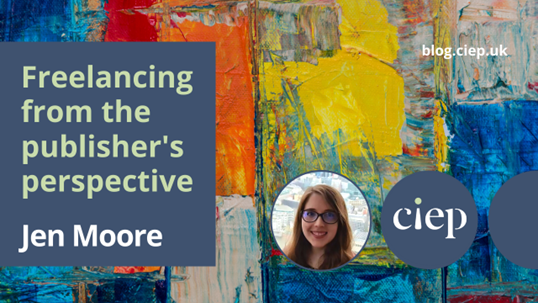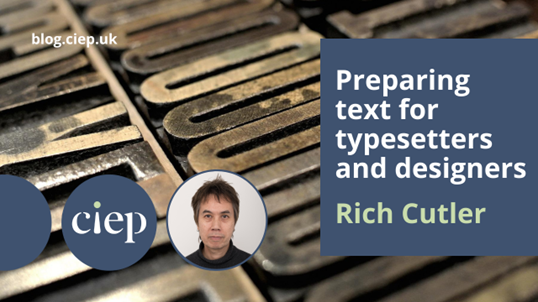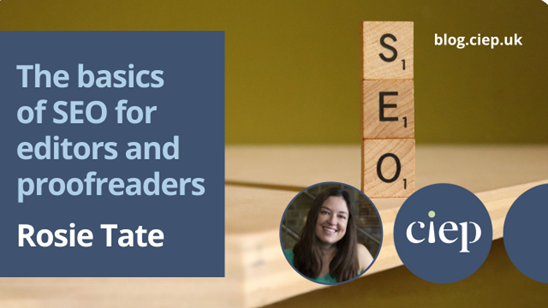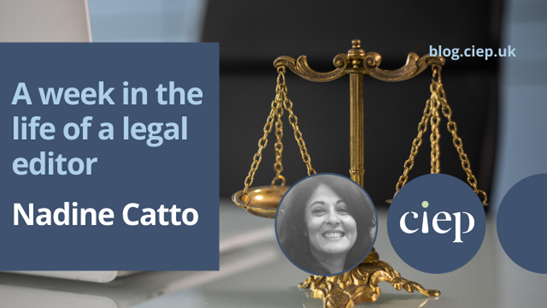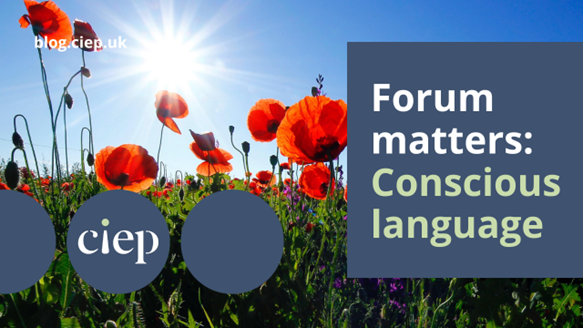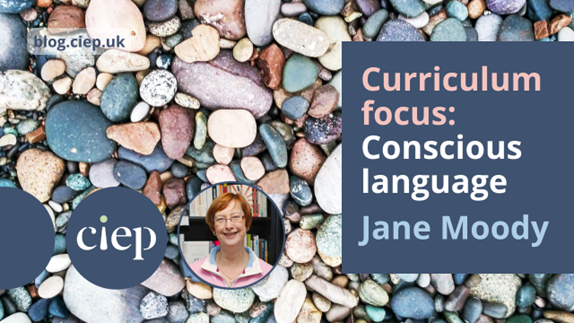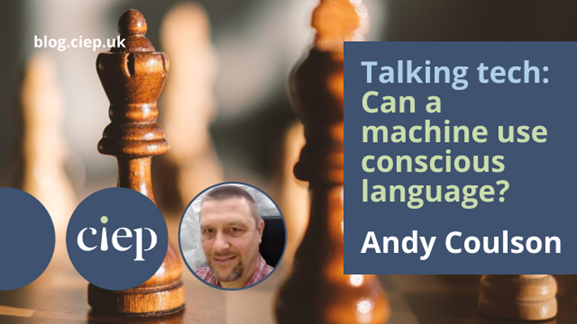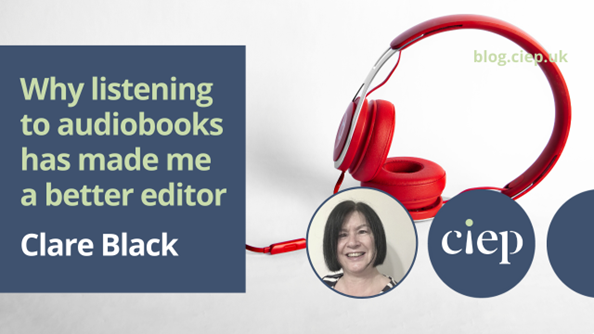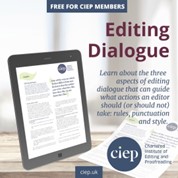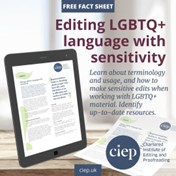The main theme of the CIEP’s social media postings in these two months was different perspectives. In this social media round-up, we look at:
- Different publishing perspectives
- Different individual perspectives
- Different mediums
- Different meanings
- Member benefits
- News
- Quiz
Different publishing perspectives
There are varied journeys into publishing, and within it. Our posts covered roles within the industry, different aspects of editing and different routes to landing editorial jobs.
Jen Moore, an editorial manager from publisher Thames & Hudson, discusses working with freelancers from an in-house perspective, and shares the qualities that publishers are looking for from freelance editors.
Editing is a substantial part of the publishing workflow, but it’s important to remember it’s not the end. Our production colleagues do the work of getting those books into existence and onto shelves and e-readers. Rich Cutler gives us a brief introduction to two of the latter stages, typesetting and design, and looks at how copyeditors can prepare text for typesetting.
Being a subject expert is a valuable quality in editing. Nadine Catto’s love for words first led her to become a lawyer. But a desire for a less confrontational job led her to become an editor of legal materials for publishers and other legal content providers. She describes how she got into legal editing, and what her work typically involves.
Many of us write or edit copy that will be published online, so it’s useful to know some SEO basics to make sure that content ranks well on search engines. Co-founder of Tate & Clayburn Rosie Tate explains how editors and proofreaders can add value to copy that’s destined for the web.
Different individual perspectives
Our output also covered ‘conscious language’, that is, respecting the different perspectives of readers (in our editing), and also those of colleagues and clients (in our communications). Conscious editing is being aware of lived experience and varieties of English that are different from our own, and being aware of our own potential assumptions and unconscious bias.
The CIEP community is a generous one – freely sharing editing expertise in our forums. In a ‘Forum matters’ post, our contributors point out that an editor’s job could be described as being entirely about the conscious use of language. And not just about correcting grammar, but being aware of meanings, variations, topics, concerns and intention. Our members share some great resources and advice here.
In her latest ‘Flying Solo’ post, Sue Littleford considers the importance to us, as language professionals, of using conscious language in marketing and selling your services as a freelance editor or proofreader. She encourages us to look closely and critically at our public communication: website text, social media, blog posts and profiles, and responses to client approaches.
The CIEP’s training director, Jane Moody, looks at how editors and proofreaders can become more knowledgeable about conscious language, clearly sets out the objectives to work towards this and lists valuable resources on the subject.
It doesn’t exist yet, but maybe one day there will be software that can improve conscious language in a text. In ‘Talking tech’, Andy Coulson delves into the world of natural language processing (NLP) and AI to find out how we might be able to assess conscious language in the future.
Different mediums
For some, audiobooks seem (unfairly) like ‘cheating’ at reading. For others they are a lifeline, for many reasons. For editors struggling to find time to read for pleasure, it can be a great joy to be able to enjoy books in audio form. Audiobooks are an ideal solution for anyone who is unable or struggles to read print books. Clare Black discusses why she is passionate about audiobooks and explains why her love of listening has created an opportunity for CPD.
Different meanings
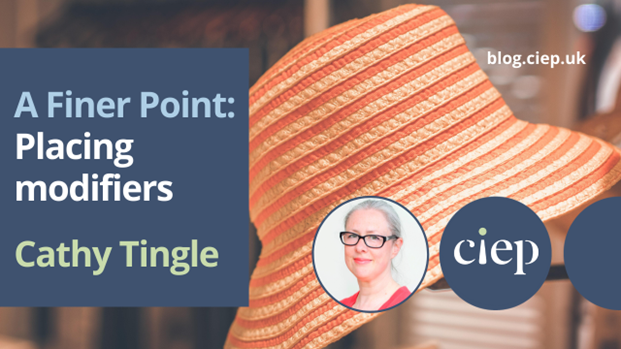 A popular read in June was Cathy Tingle’s ‘Finer Point’ post on modifiers. What are they and where should they be placed in a sentence? It’s an aspect of language that many of us are unsure about, or even unaware of. Cathy looks at things that can go wrong with modifiers, and how to avoid them.
A popular read in June was Cathy Tingle’s ‘Finer Point’ post on modifiers. What are they and where should they be placed in a sentence? It’s an aspect of language that many of us are unsure about, or even unaware of. Cathy looks at things that can go wrong with modifiers, and how to avoid them.
Member benefits
June and July saw the launch of two new fact sheets, free for CIEP members. In ‘Editing dialogue’, Stephen Cashmore looks at three aspects of editing written speech that can guide what actions editors should (or should not) take: rules, punctuation and style.
Our fact sheet ‘Editing LGBTQ+ language with sensitivity’ was available for free to everyone throughout June, and is still free for CIEP members now. Learn about terminology and usage, and how to make sensitive edits when working with LGBTQ+ material.
News: the EPWG
The CIEP Environmental Policy Working Group (EPWG) has achieved quite a lot since its first online meeting, just 15 months ago. Read about their work on the CIEP website. And look out, #CIEP2022 attendees! Coming soon are the EPWG’s travel and packing tips for our conference in Milton Keynes, 10–12 September.
News: the conference
 The last day for booking an in-person place at the CIEP Annual Conference (Kents Hill Park, Milton Keynes, and online, 10–12 September 2022) was Monday 18 July, but online places are still available. Book before 5pm on Friday 2 September. Highlights include:
The last day for booking an in-person place at the CIEP Annual Conference (Kents Hill Park, Milton Keynes, and online, 10–12 September 2022) was Monday 18 July, but online places are still available. Book before 5pm on Friday 2 September. Highlights include:
- Whitcombe Lecture by Katherine May
- After-dinner speech by Reverend Richard Coles
- Closing plenary session by Ian McMillan
Quiz
Finally, dare you try Quiz 15? Test yourself (just for fun!) on aspects of grammar and usage. Bear in mind, though, there’s not always just one right answer. Sometimes … it depends.
Keep up with the latest CIEP content. Follow us on Facebook, Twitter and LinkedIn.
 About the CIEP
About the CIEP
The Chartered Institute of Editing and Proofreading (CIEP) is a non-profit body promoting excellence in English language editing. We set and demonstrate editorial standards, and we are a community, training hub and support network for editorial professionals – the people who work to make text accurate, clear and fit for purpose.
Find out more about:
Photo credits: beach huts by Arno Smit on Unsplash.
Posted by Harriet Power, CIEP information commissioning editor.
The views expressed here do not necessarily reflect those of the CIEP.


